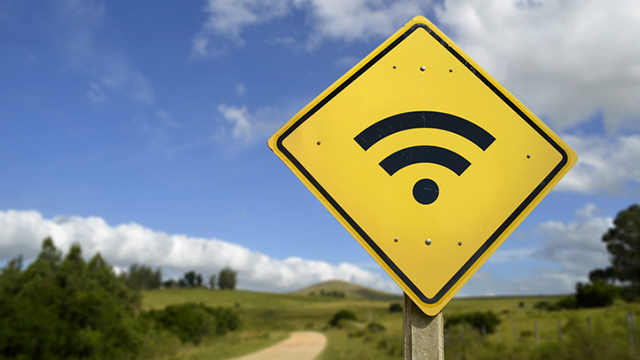The Need for Faster Internet in Rural America

As the world continues to navigate the COVID-19 pandemic, the role of the internet in our daily lives has grown exponentially. While many trends have come to light, one that stands out is the need for faster internet speeds in regions that have seen an influx of new residents. According to Pew Research Center, 4.9 million Americans left cities for suburbs or rural areas in 2020. Those who are moving from cities into more remote regions have become accustomed to high-speed connectivity and expect a similar internet experience in their new homes. America’s digital gapRural areas across the country continue to face challenges when it comes to high-speed internet. According to the FCC, nearly 15 million people in rural America do not have access to high-speed internet. Terrestrial-based ISPs are unwilling or unable to serve these communities due to infrastructure limitations. Consumers in these regions therefore depend on satellite internet for staying in touch with friends and family, work, ecommerce, medical appointments, education and more.

Additionally, as some companies adopt a remote work policy, more and more employees are exploring moving their families into areas where cable and fiber are unavailable. Consumers in these rural areas need faster internet to support their daily digital activities.Internet from space connects rural AmericaThe satellite industry has made tremendous progress in terms of its ability to deliver faster internet speeds to unserved or underserved areas. For example, the introduction of tools that allow consumers to manage their satellite internet plans’ data consumption is a helpful way to optimize internet speeds. One of the ways this is done is to give the consumer the ability to control the quality of their streaming experience to use more or less data. By streaming lower- resolution content, consumers are able to better manage their monthly data allowance, which is delivered at a particular speed, depending on the type of plan they have selected.More and more consumers in rural areas are taking advantage of internet services from satellite internet providers today. People using satellite internet today include small-town residents, network engineers and small-business owners, to name a few.The future of the internet in rural AmericaDriven by innovation, satellite internet has the capability to connect more people across remote parts of the country, empowering consumers to live where they want and still be able to benefit from connectivity.Companies such as Viasat are developing new satellites, such as its ViaSat-3 constellation, that will provide satellite internet plans with more data, higher data thresholds, faster speeds, higher-quality streaming and enhanced service reliability.The digital gap is closing, but there’s still work to be done. For more information on how Viasat’s satellite internet is helping close America’s digital gap,


0 Comments